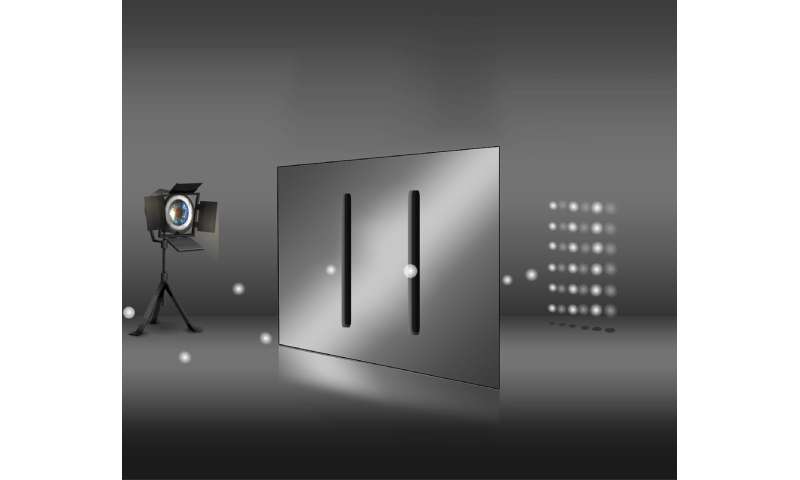Best of Last Week—Recreating double-slit experiment, helping legged robots and benefits of cold exposure

It was a good week for physics research as a small international team of physicists recreated the famous double-slit experiment that proved the wave nature of light—this time, using slits in time rather than space. A group at the Cornell University Center for Bright Beams captured the first atomic-scale images depicting the early stages of particle accelerator film formation—revealing the potential for greater control over the growth of superconducting Nb3Sn films. And a study carried out by the Stellar Standard Candles and Distances research group added a new piece to the puzzle of Hubble tension—a new measurement that they claimed could change our understanding of the universe.
In technology news, a group of computer scientists with the Complexity Science Hub and the Centro Ricerche Enrico Fermi created a new classification of chess openings—they analyzed thousands of examples of chess matches involving humans playing online and found some openings that were not considered classic but were still effective. And a team of chemical engineers at Texas A&M University discovered a 1,000% difference in storage capacity with their newly developed, metal-free, water-based battery electrodes. A trio of materials scientists at Michigan Technological University developed an energy breakthrough by creating a new type of fuel cell—their approach involved changing the path found in conventional fuel cells by creating an interface between the electrolyte and a melted carbonate to allow ultrafast oxygen ion transfer. And a team of engineers at Carnegie Mellon University's Robomechanics Lab introduced two new approaches that could improve the ability of legged robots to move on rocky or extreme terrain—one involving proprioception and another a tail.
In other news, a team of substance abuse experts and psychologists at the University of Victoria, in Canada, found evidence that prior studies showing medical benefits to drinking alcoholic beverages regularly were flawed and that many were biased. They concluded that there are no health benefits associated with consuming alcoholic beverages on a regular basis. An international team of Earth scientists discovered that Earth's atmosphere regularly cleans itself using an electric field. And finally, a team of medical scientists working at the University of Cologne's CECAD Cluster of Excellence in Aging Research found that regular exposure to cold temperatures is beneficial for healthy aging.
© 2023 Science X Network